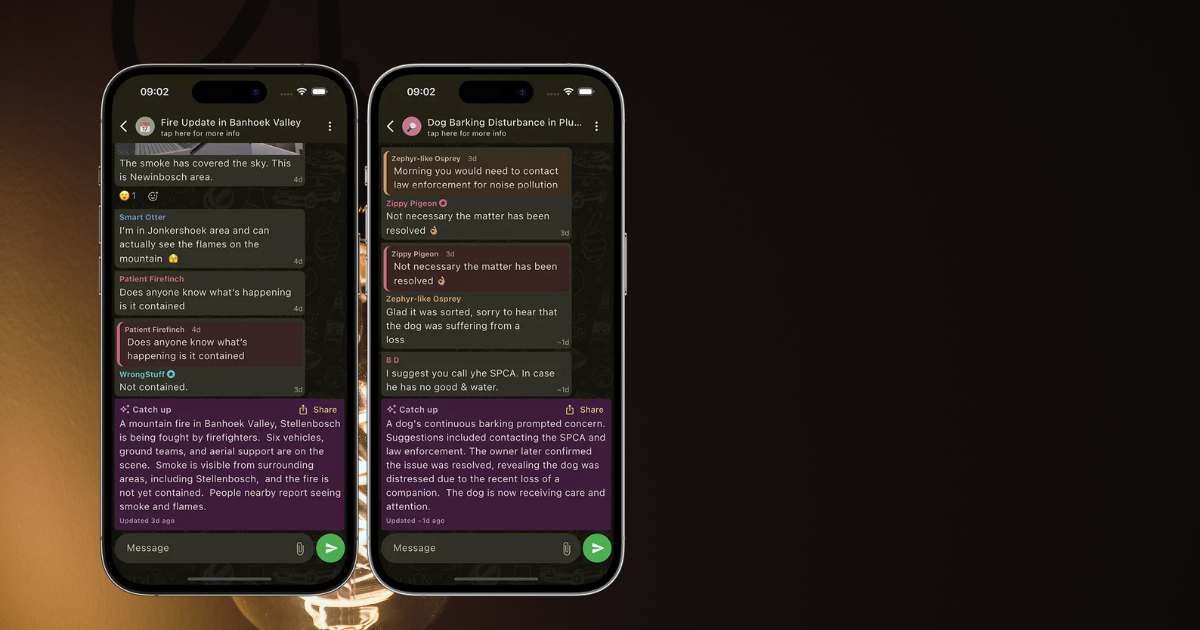 Facebook is the best social network for brands to reach mass markets in South Africa. This is according to new research – #OnlyConnect2018 – The Power Of Brand Influencers – by World Wide Worx with Continuon on the social audiences of 50 South African brands operating in nine different categories on Facebook, Instagram and Twitter.
Facebook is the best social network for brands to reach mass markets in South Africa. This is according to new research – #OnlyConnect2018 – The Power Of Brand Influencers – by World Wide Worx with Continuon on the social audiences of 50 South African brands operating in nine different categories on Facebook, Instagram and Twitter.
The study also found that while Facebook has the reach, Instagram offers much-better engagement and that Twitter has become a medium driven by politics and events which makes it ideal “for authentic brands that are clearly differentiated, that represent social movements, are political or are uniquely authentic”.
“This is the first time that South Africa’s marketing and business communities have been let into the private workings of brands and their social communities, and what we’re learning will upset the notions that marketers and brands have had about social media — how to use it, how to measure returns,” says Arthur Goldstuck, World Wide Worx managing director.
World Wide Worx and Continuon spent three months poring over more than 100m data points from 5.2m unique engagers and 355 000 unique influencers, in the social communities of 50 of South Africa’s most recognised brands.
Through the research allows brands to identify real consumers in a brand’s community who can drive messages for the brand regardless of the size of their following or network.
Social media dynamics
“For the first time we are able to look across multiple categories, and at brands of different sizes and budgets, from an equal perspective,” says Goldstuck . “This not only gives us a much better view of the social media dynamics in this country, but addresses the massive disconnect between big budgets for social spend and loose measures of success. Marketers need to be more rigorous and accountable for their decisions, and knowing what ‘good’ looks like in terms of social media will help raise the profile of digital marketers in the boardroom.
“Now we are able to talk about the power of a brand’s community – to identify real consumers in a brand’s community, who can drive messages for the brand regardless of the size of their following or network. This is something the local marketing community hasn’t been able to do before,” he says.
Bradley Elliott, founder of Continuon, believes that the sheer size and robustness of the study will redefine how brands assess their digital marketing strategies.
“It does not replace strategy and execution, but informs and assesses its impact,” says Elliott.
Influencer marketing
Elliott says the research also uncovered a fundamental flaw in Influencer Marketing: celebrities – well known personalities with big reach – and micro-influencers – unknown, everyday people with smaller reach – are qualitatively assessed, but then quantitatively measured by their reach.
“This is flawed. Brands and marketers need to use technologies, methods and tools that create data-led insights to social, in order to deliver winning campaigns that connect brands to humans, and that help brands migrate social audiences off the big networks and into environments like CRM, loyalty programmes and ecommerce initiatives.
See also:
“Brands have spent millions building audiences on big social networks. But, in return, the titans of social networks — Facebook, Twitter and Google — have pulled a massive bait-and-switch. They’re making marketers pay to engage with the very audiences that brands have helped to grow. This means that brands will need to smartly wrestle back control of these audiences, or at the very least employ the smartest technologies, strategies and tactics to make social work for them.”






